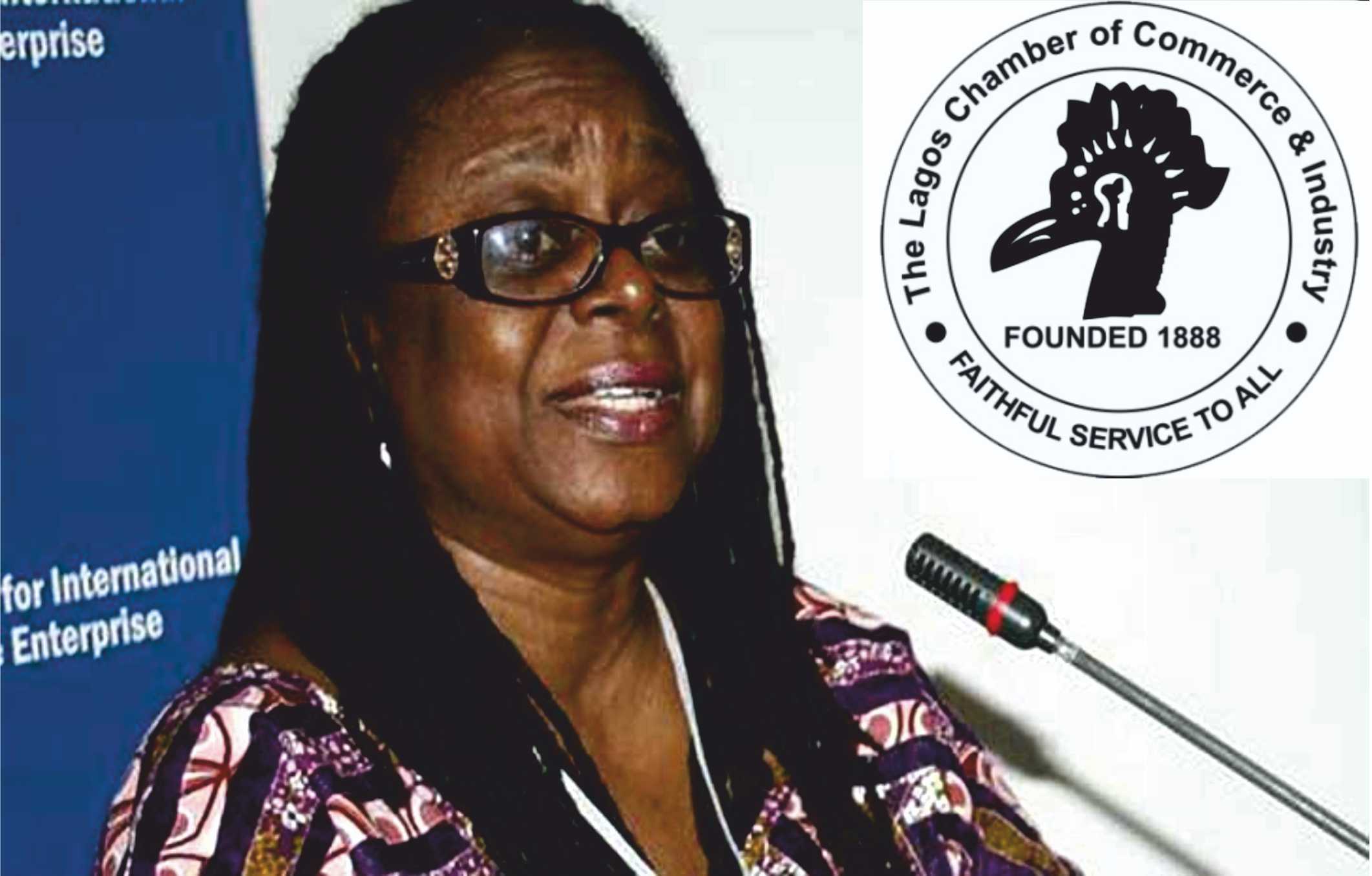As Nigeria’s inflation rate hit 18.17% in the March report just released by the National Bureau of Statistics (NBS), the Lagos Chamber of Commerce and Industry (LCCI) has expressed concerns about the persistent increase in domestic prices. It noted that continual rise in inflation has a profound consequence for all stakeholders, including households, businesses and investors.
According to the Chamber, the uptick in inflation weakens purchasing power and consequently worsens the poverty condition. It added that the situation also escalates operating and production costs while eroding profit margins.

The chamber noted that the country’s debts are not linked to assets or specific projects, raising serious medium-term fiscal sustainability risks given the country’s persistent revenue challenge.
Addressing journalists on the state of the economy, yesterday, the LCCI President, Toki Mabogunje, noted that the key inflationary drivers are supply-side shocks, which are beyond monetary policy control.
The LCCI identified security concerns in the north, which has continued to disrupt agricultural activities in those areas, high cost of transporting food commodities from farms to markets, lingering productivity issues in the agricultural sector, leading to weak output outcomes and high cost of imported food items (as well as agricultural inputs) due to foreign exchange shortage, as major factors causing a spike in food prices.
Mabogunje noted that the rising inflation was impacting negatively on many businesses who are yet to recover from the impact of the COVID-19 pandemic as well as the aftermath of the #EndSARS protests.
On debt levels, she expressed the need to create a national asset register, and have a coordinated mechanism in place for valuing and managing Nigerian assets. “Government’s penchant for issuing new debt to redeem maturing ones is not an optimal debt management strategy. It is critically important to replace existing debts with asset-linked securities to reduce debt costs. This will ease the pressure of debt service on the budget”, she added.
The Director-General of the Chamber, Dr. Muda Yusuf also attributed the rising inflation to deficit financing by the Central Bank of Nigeria (CBN), adding that the apex bank’s intervention needs a review for price stability and inflation control.
He equally advocated a change in food production strategy as a measure to check inflationary trends, adding that the country’s population growth is not at par with food production levels.


